What is Game Development?
Webiconvalley Technologies completely into game development to provide entertainment to our beloved users. Game development services involve the process of creating video games, encompassing various aspects such as conceptualization, design, programming, testing, and deployment. These services can be provided by specialized game development studios or freelancers with expertise in different areas of game creation. Here are the key components of game development services:
Conceptualization and Design
Idea Generation
Collaborating with clients or internal teams to generate creative and engaging game concepts.
Game Design Document (GDD)
Creating a detailed document outlining the game's concept, mechanics, characters, levels, and other key elements.
Prototyping
Proof of Concept
Developing a small prototype or demo to test and validate the fundamental mechanics and feasibility of the game concept.
Art and Graphic Design
Character Design
Creating visual designs for characters, including their appearance, animations, and personalities.
Environment Design
Designing backgrounds, landscapes, and settings that complement the game's theme.
UI/UX Design
Developing user interfaces and experiences to enhance player interaction.
Programming
Game Engine Development
Utilizing game engines like Unity or Unreal Engine to code and implement game mechanics, physics, and interactions.
AI Programming
Developing artificial intelligence algorithms to control non-player characters (NPCs) or opponents.
Network Programming
Implementing multiplayer features and ensuring smooth online gameplay.
Sound and Music
Sound Design
Creating and implementing sound effects that enhance the gaming experience.
Music Composition
Composing and integrating music that complements the game's atmosphere and enhances player immersion.
Testing and Quality Assurance
Quality Assurance (QA)
Conducting rigorous testing to identify and fix bugs, glitches, and performance issues.
User Testing
Gathering feedback from target audiences to refine gameplay and address user experience concerns.
Monetization Strategies
In-App Purchases (IAP)
Implementing features that allow players to make purchases within the game.
Ads Integration
Integrating advertisements to generate revenue, often through incentivized ads or interstitial placements.
Publishing and Distribution
App Store Submission
Preparing and submitting the game for distribution on platforms such as the Apple App Store, Google Play, or Steam.
Marketing Materials:
Creating promotional materials, trailers, and screenshots for marketing the game to potential players.
Post-Launch Support and Updates
Bug Fixes
Addressing post-launch issues promptly through patches and updates.
Content Updates
Introducing new levels, characters, features, or improvements to keep the game fresh.
Cross-Platform Development
Multi-Platform Compatibility
Ensuring the game is compatible with various platforms and devices, such as PC, consoles, and mobile devices.
Porting Services
Adapting games for release on different platforms.
Webiconvalley Technologies use to test several applications, software tools based on different projects in game development.
Game Development applications and software Tools

Unity

Unreal Engine

GameMaker

Blender
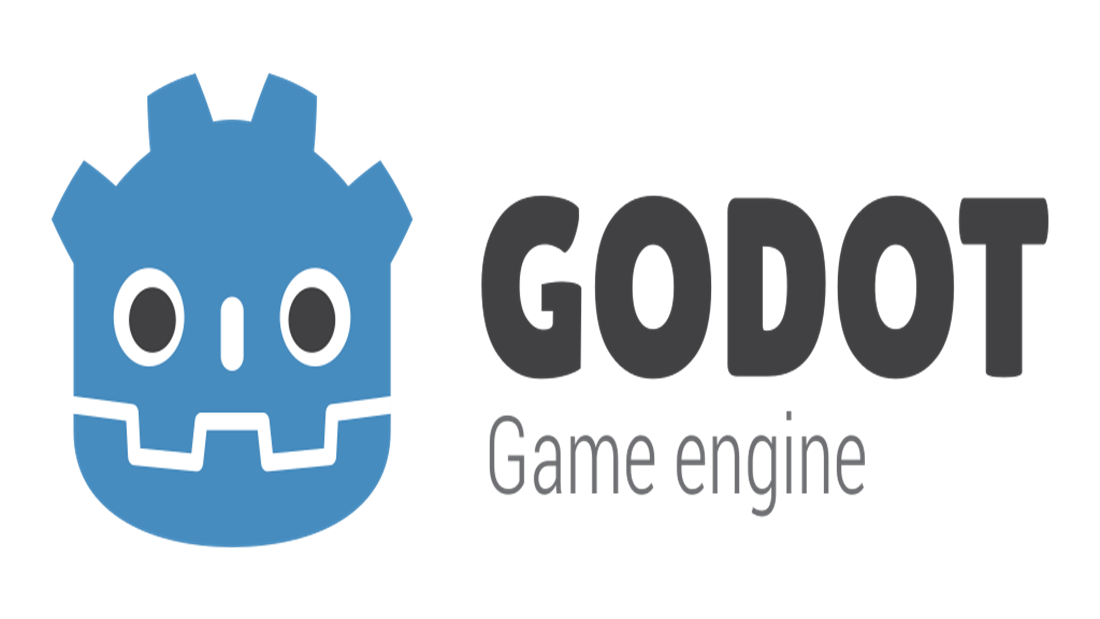
Godot
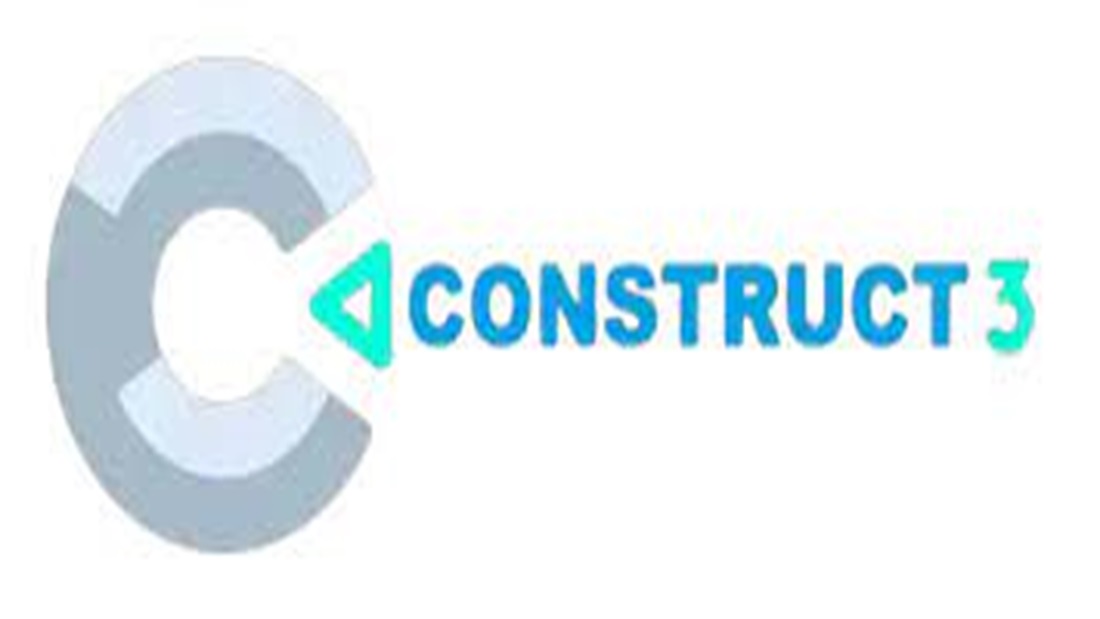
Construct 3
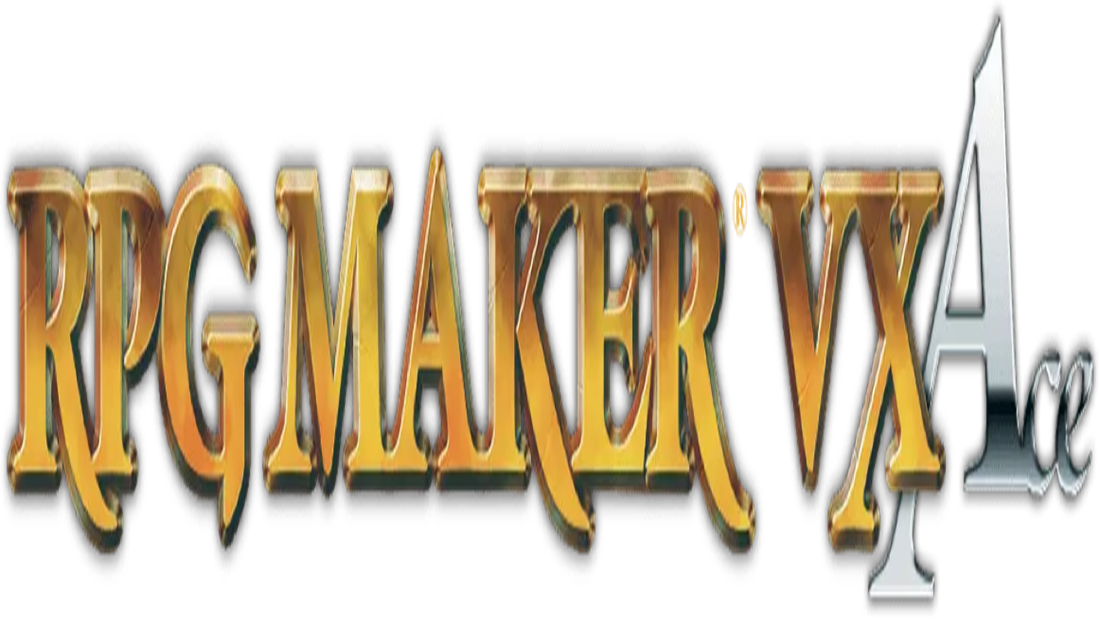
RPG Maker

Stencyl

GameBench
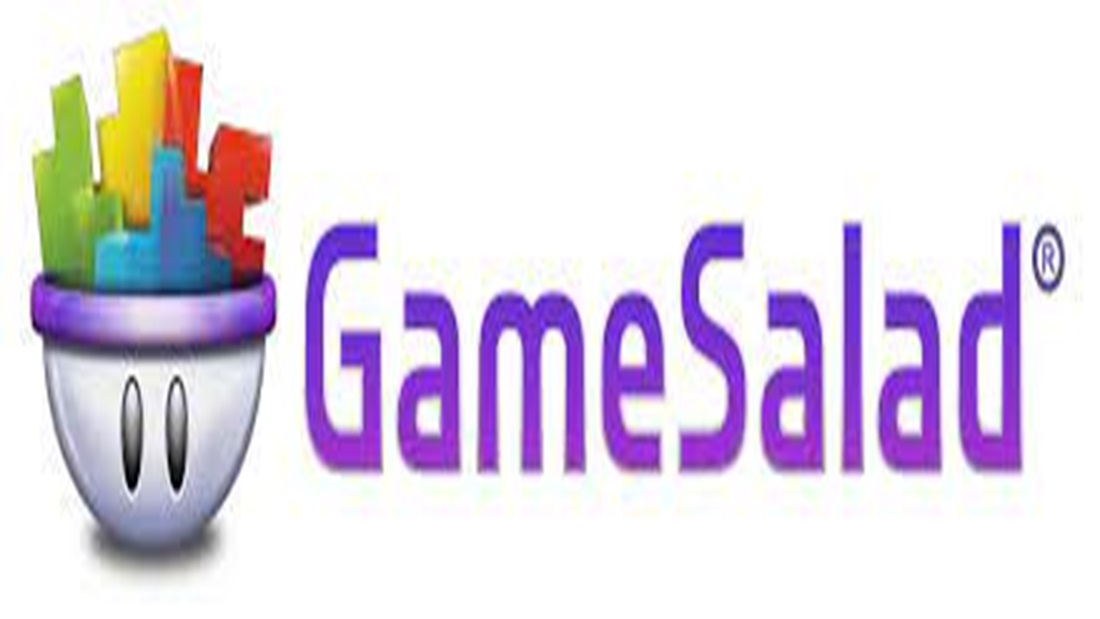
GameSalad

GDevelop
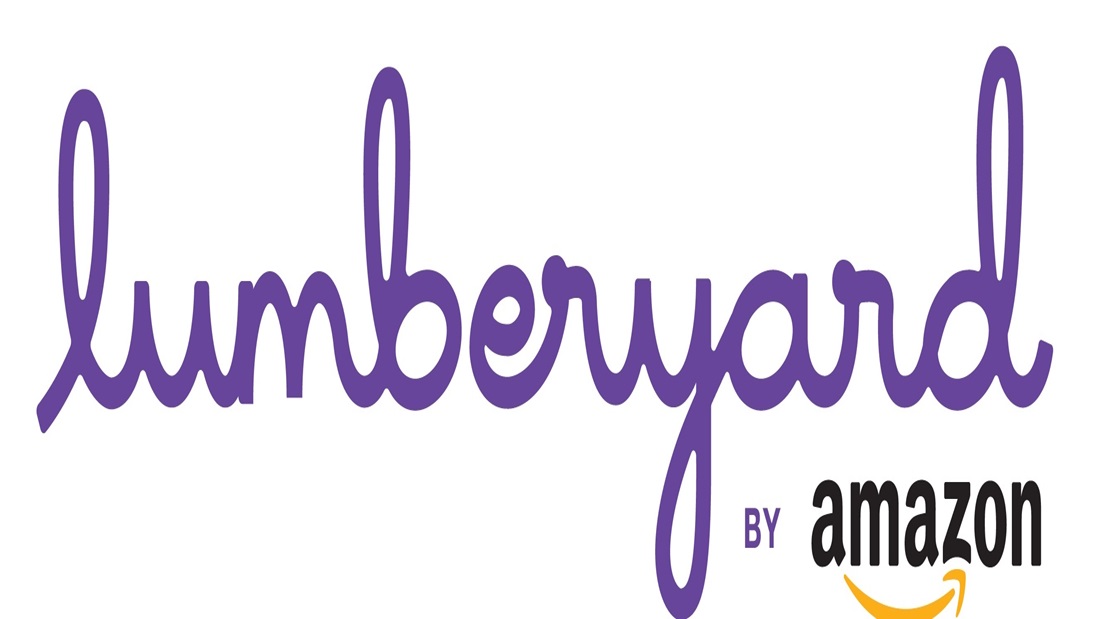
Amazon Lumberyard

Helix Core

Houdini FX
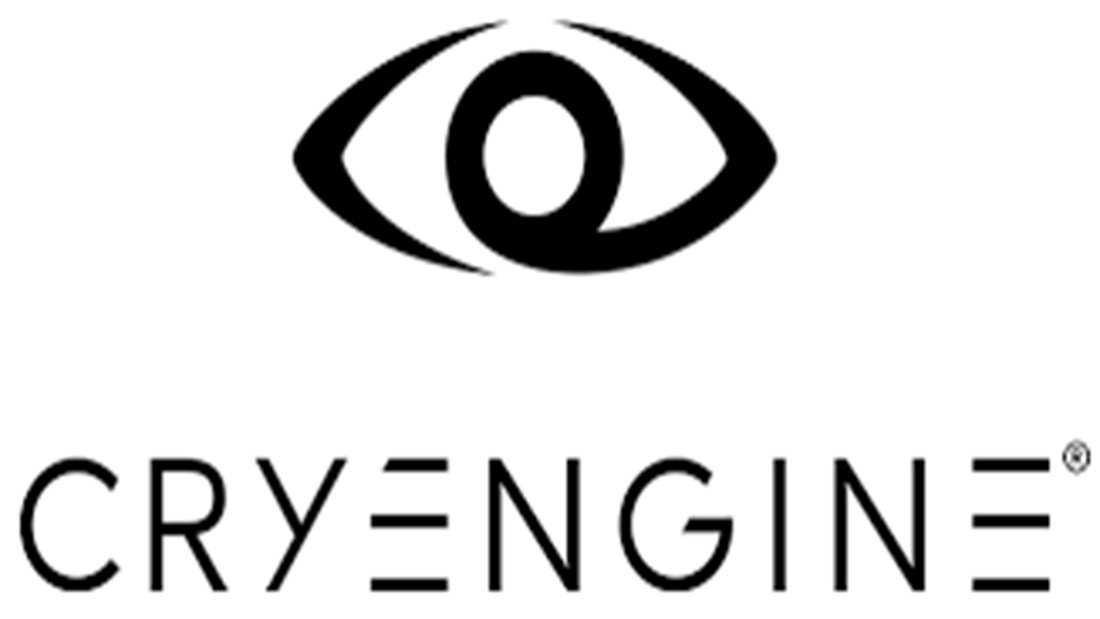
CRYENGINE
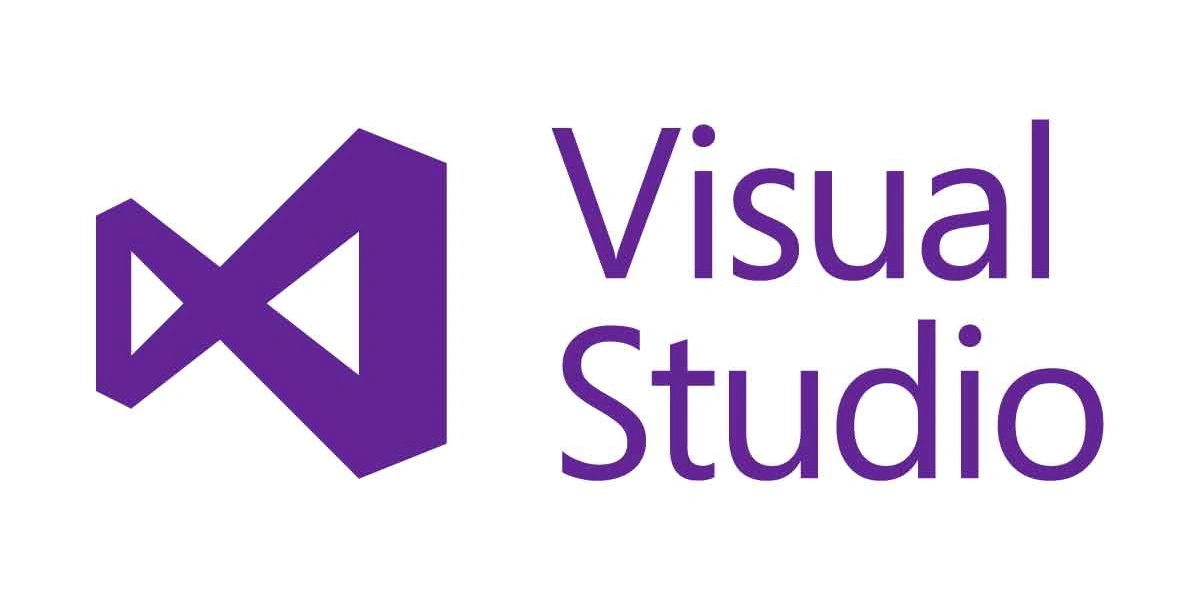
Visual Studio
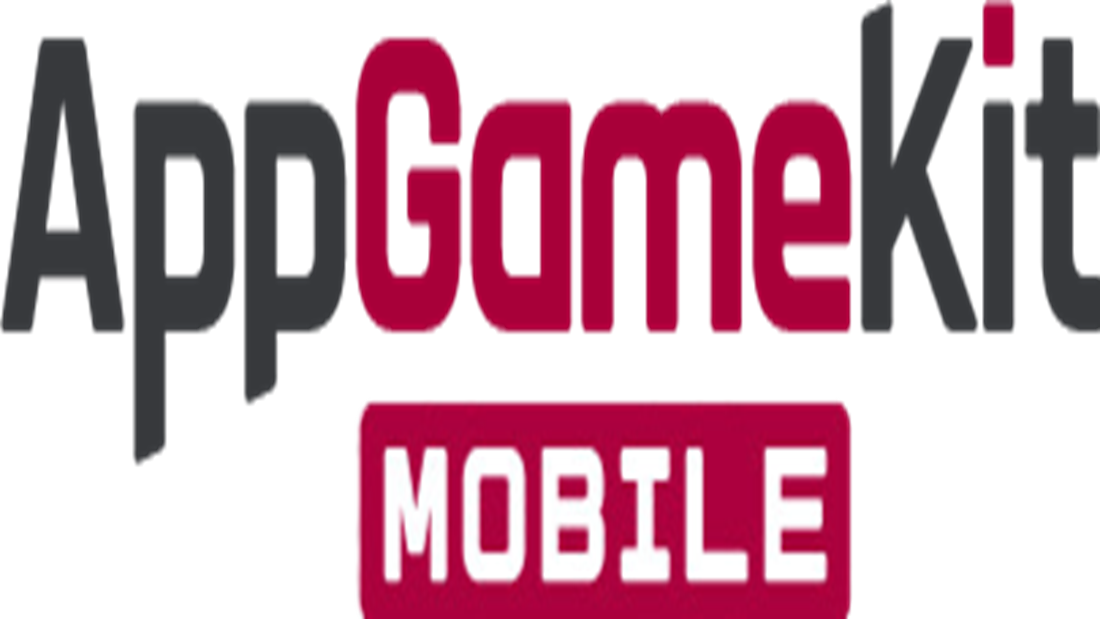
AppGameKit
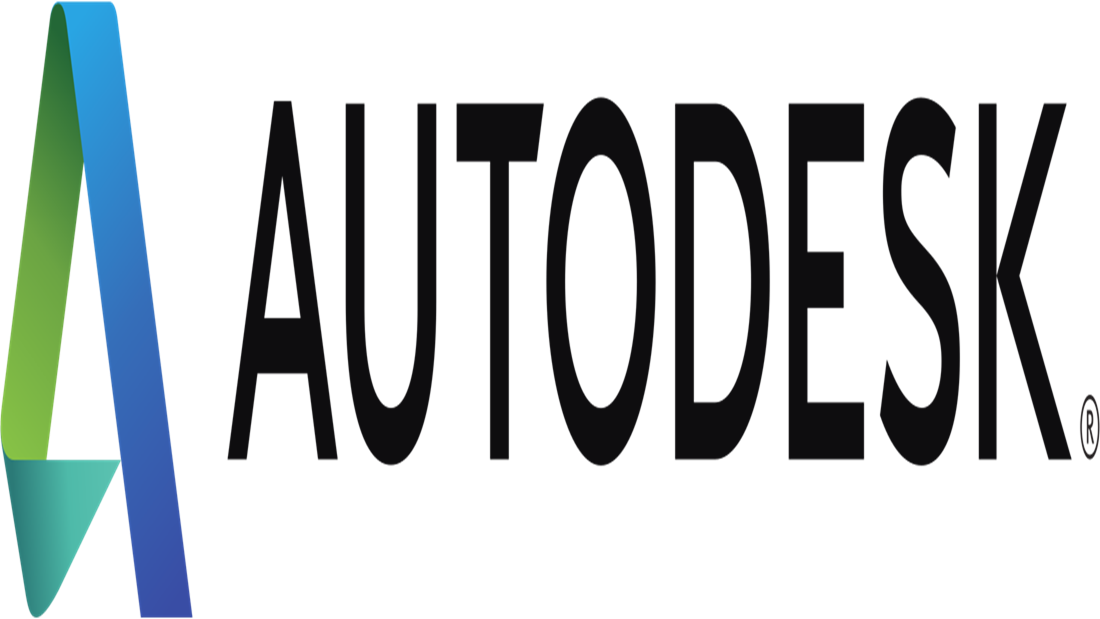
Autodesk
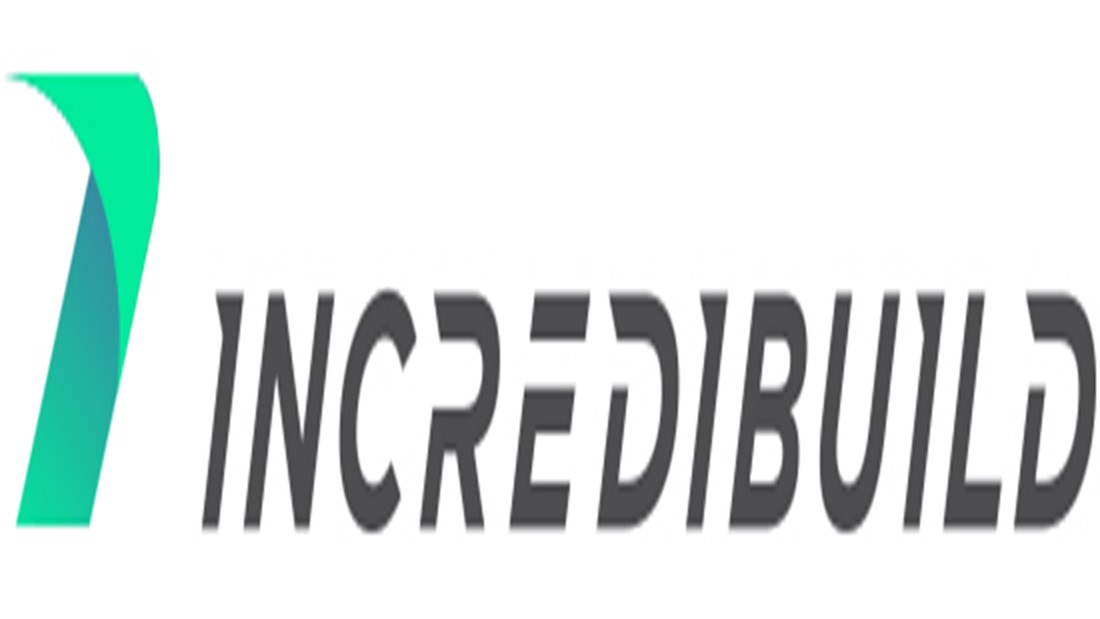
Buildbox

Incredibuild

Mixamo
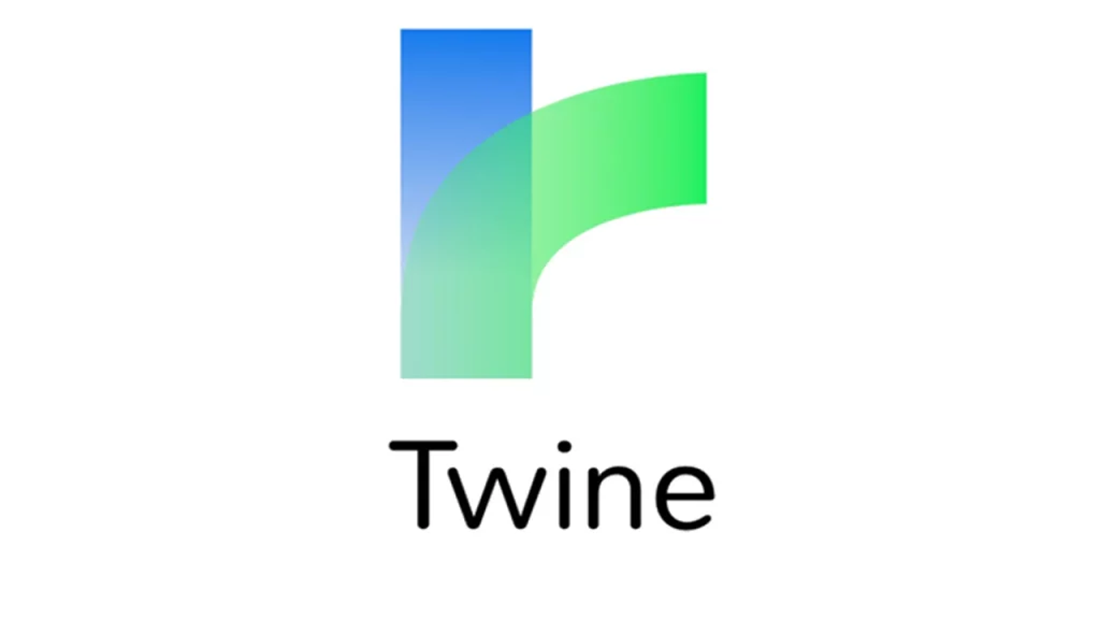
Twine

Adobe Photoshop

Character Generators
Webiconvalley Technologies use to test several applications, software tools based on different projects in game development.
Unity
Unreal Engine
GameMaker
Blender
Godot
Construct 3
RPG Maker
Stencyl
GameBench
GameSalad
GDevelop
Amazon Lumberyard
Helix Core
Houdini FX
CRYENGINE
Visual Studio
AppGameKit
Autodesk
Buildbox
Incredibuild
Mixamo
Twine
Adobe Photoshop
Character Generators
Game Development Services
Game development services can be tailored to different types of games, including mobile , console games, PC games, and virtual reality experiences. The complexity and scope of the services provided depend on the specific requirements and goals of the game project.
Consulting and Project Management
Providing consultation on game development strategies, market trends, and technology choices.
Managing the overall project, ensuring deadlines are met, and milestones are achieved.
Virtual Reality (VR) and Augmented Reality (AR)
Developing games that leverage VR or AR technologies for immersive and interactive experiences.